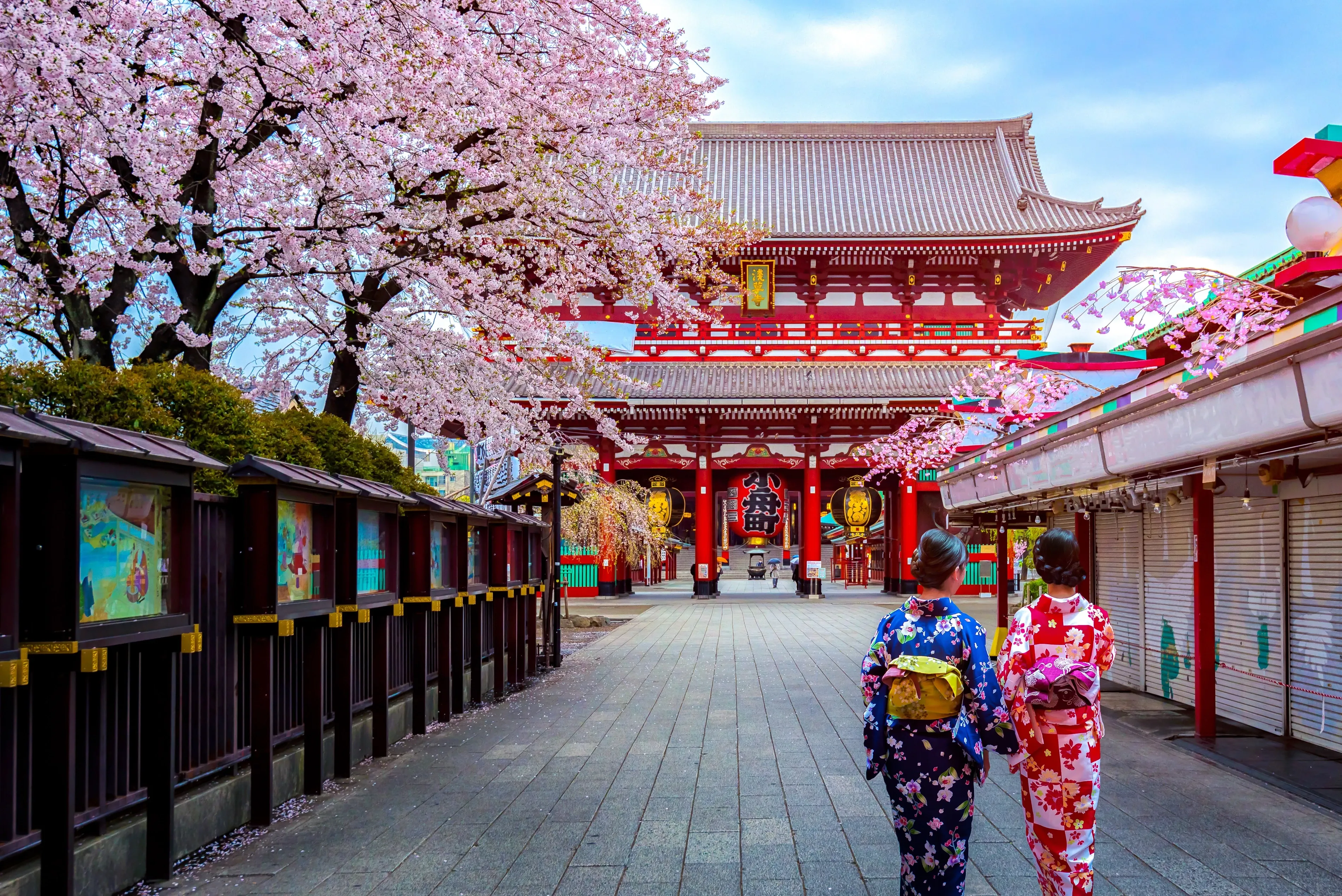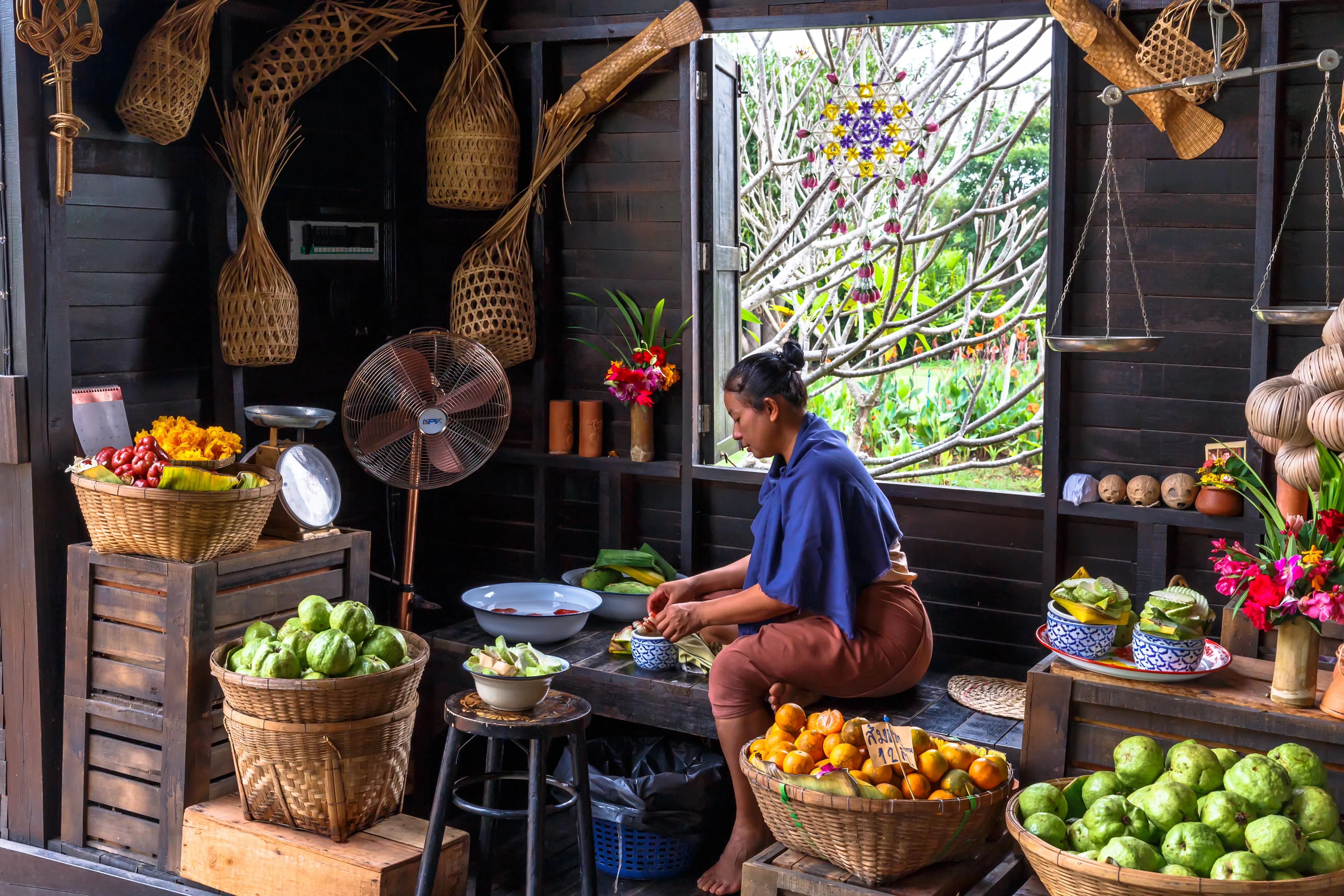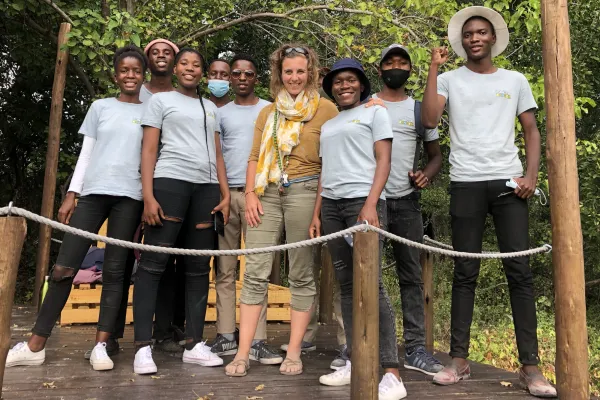Why cultural awareness is key when travelling
Culture is complex and diverse. Behaviours that people consider entirely normal in one region or country can be highly inappropriate – or even offensive – to locals in others. Therefore, it is essential to practise cultural awareness while travelling should you not want to upset anyone.
I (Cindy) lived in Thailand for six years, which was one of the happiest times in my life. This predominantly Buddhist nation is dubbed the 'Land of Smiles' for a reason – the people are warm, welcoming, and gracious. However, the culture has many layers, and the Thai also have a deep-rooted sense of honour and tradition. The way one acts, dresses, and speaks can make or break how the locals view you. Thats why cultural awareness is the key to having a unique and pleasant time. Let me tell you my story...
A few months after my arrival, I was taking a sunset stroll with a friend through nearby Buddhist temple grounds. While we were admiring the sunlight glittering on the temple's decorative golden facade, a foreign couple rushed in, entwined in each others' arms. Eyes glowing, they asked us where they could find a monk to perform their wedding ceremony. My eyes widened slightly - my own cultural judgement! - as I took in the bride-to-be's outfit. She was dressed in denim hot pants, a tank top, and a crocheted cardigan that covered very little skin. In a different cultural context, people would have viewed this scene as nothing more than sweet and romantic. However, in Thai culture, it is disrespectful for a woman to enter temple grounds with bare shoulders and knees.
I am sure this lovestruck couple did not mean to upset anyone, and they taught me a valuable lesson. My shock and horror at that moment brought me closely in touch with the concept of cultural awareness. At that time, I had become familiar with Thai values and expectations, hence my surprise at the scenario. Nevertheless, I had to remind myself that I had made similar mistakes only months before. I would find myself patting a child on the head or lazily putting my feet up on a beachside table in the direction of a Thai friend before realising that both were highly offensive gestures. I will remain eternally grateful to this unwitting couple for putting cultural awareness into clear perspective for me.
How to be culturally sensitive
Cultural sensitivity starts with an understanding of the concept. Collins Dictionary describes cultural awareness as the following:
»Understanding of the differences between themselves and people from other countries or other backgrounds, especially differences in attitudes and values.«
Cultural awareness is vital because it helps to break down cultural barriers. Conversely, a lack of cultural sensitivity lays fertile ground for judgement and division. However, when people from contrasting cultures understand their differences, they can interact with kindness and acceptance more easily. It enables people to value and appreciate each others' cultural diversity - the 'differences' the Collins definition describes.
Consequently, cultural awareness can foster meaningful connections in various multicultural environments. These can range from workplace experiences to social encounters, even in one's own country. However, cross-cultural sensitivity is particularly important when travelling.
Do an honest cultural self-assessment
Ask yourself how you genuinely feel about cultural differences. Do you judge people for behaving differently from you, or do you appreciate cultural diversity? Closely examine how you react to these differences and if you feel any discomfort when you experience them.
Check your assumptions about people and the effects that such assumptions have on the way you interact with them. Become aware of your judgements and preconceptions - this is integral to broader cultural awareness.
Be culturally competent
Be prepared before you go! Do as much research as possible on the places and cultures you plan to visit. Pay particular attention to the 'dos and don'ts'. Knowing the subtle nuances of different cultures can take a long time. However, learning about essential etiquette practices and the biggest no-nos is an excellent start to being culturally sensitive. If possible, speak to others who have travelled to or lived in the same destinations you plan to visit.

There is nothing like first-hand experience to teach cultural awareness quickly. While you are away, interact with the locals as much as possible. Speak to them about their culture and your own so that you can learn to understand your mutual differences. In this way, you can avoid misunderstandings or unintentional faux pas. Instead, people from diverse cultures can foster mutual trust, respect, and friendship.
Learn how to ask culturally sensitive questions
A critical aspect of developing cultural awareness is learning how to ask culturally sensitive questions. Firstly, you should not feel shy about admitting you do not know everything about a culture. It is only possible to learn more if you ask! When people feel awkward and confused about cultural situations, they may find it easier to withdraw than enquire. This reaction usually stems from fear of complicating matters further. However, communicating is usually more productive unless the situation is extremely tense or potentially dangerous. Nevertheless, it is critical to ask culturally sensitive questions that show you are sincerely interested in learning more. Moreover, avoid asking questions that contain assumptions or judgements.
Remember that diversity exists even within cultures and that individuals have their own ideas and codes of conduct. For example, consider the following question posed to a South African, Australian, or New Zealander. 'Why are you people so obsessed with rugby?' Many locals in these countries may have zero interest in playing, watching, or talking about rugby. Therefore, they may be annoyed or even offended by your assumption. To be culturally sensitive, it would be better to phrase the question without judgement. For instance, you could say, 'I have heard that [nationality] are passionate about sports, especially rugby. I find that interesting, and I would love to know more!'
Cultural awareness in a nutshell
Cultural awareness is not hard to develop - it only demands basic cultural awareness training. As outlined above, the first steps to take in developing cultural sensitivity are to check your assumptions and reserve judgements. Next, prepare as much as possible by researching and, if possible, talking to someone familiar with the countries and cultures you plan to experience.
Finally, take this knowledge with you and apply it while also finding out more from the local people. On my travels, I have found that most locals truly appreciate foreigners who express an interest in their culture. The results can be incredibly rewarding when one reaches out beyond cultural divides with good intentions and respect.
Source references:
AVMA
Discover Corps
Casita
LinkedIN - Dr. Anna Storck
LinkedIn Workshop - Dr. Daisy Lovelace
Sign up for the newsletter
By clicking on “Subscribe now” I will subscribe to the Conscious Explorer newsletter with all the information about mindful travel. Information on the success measurement included in the consent, the use of the shipping service provider MailChimp, logging of the registration and your rights of revocation can be found in our privacy policy.











